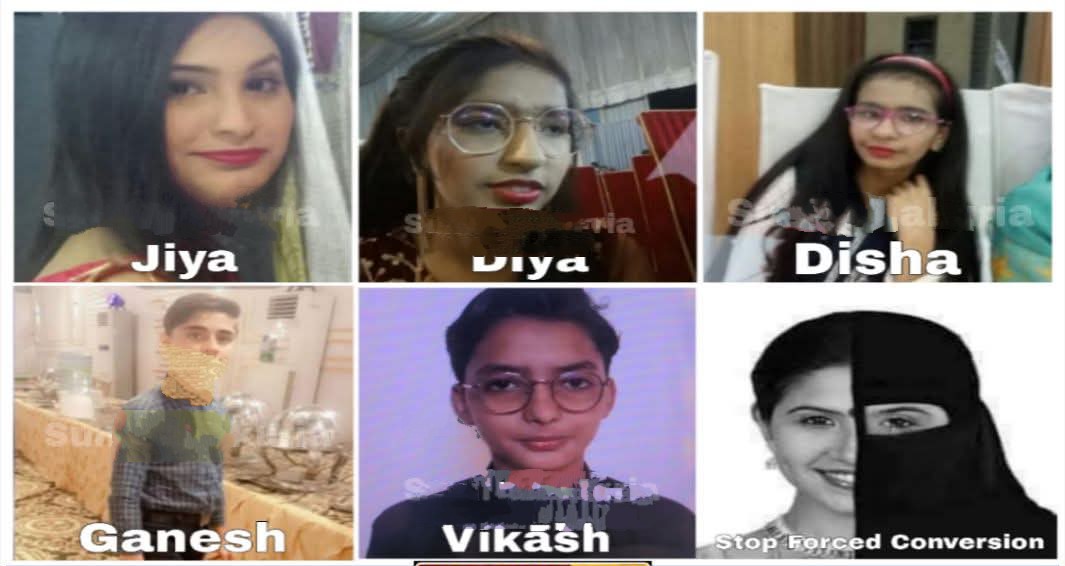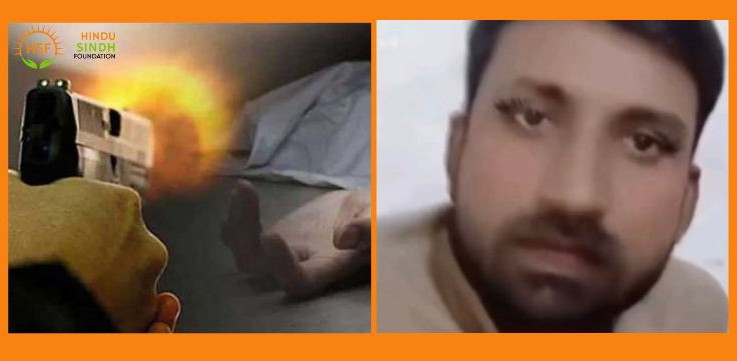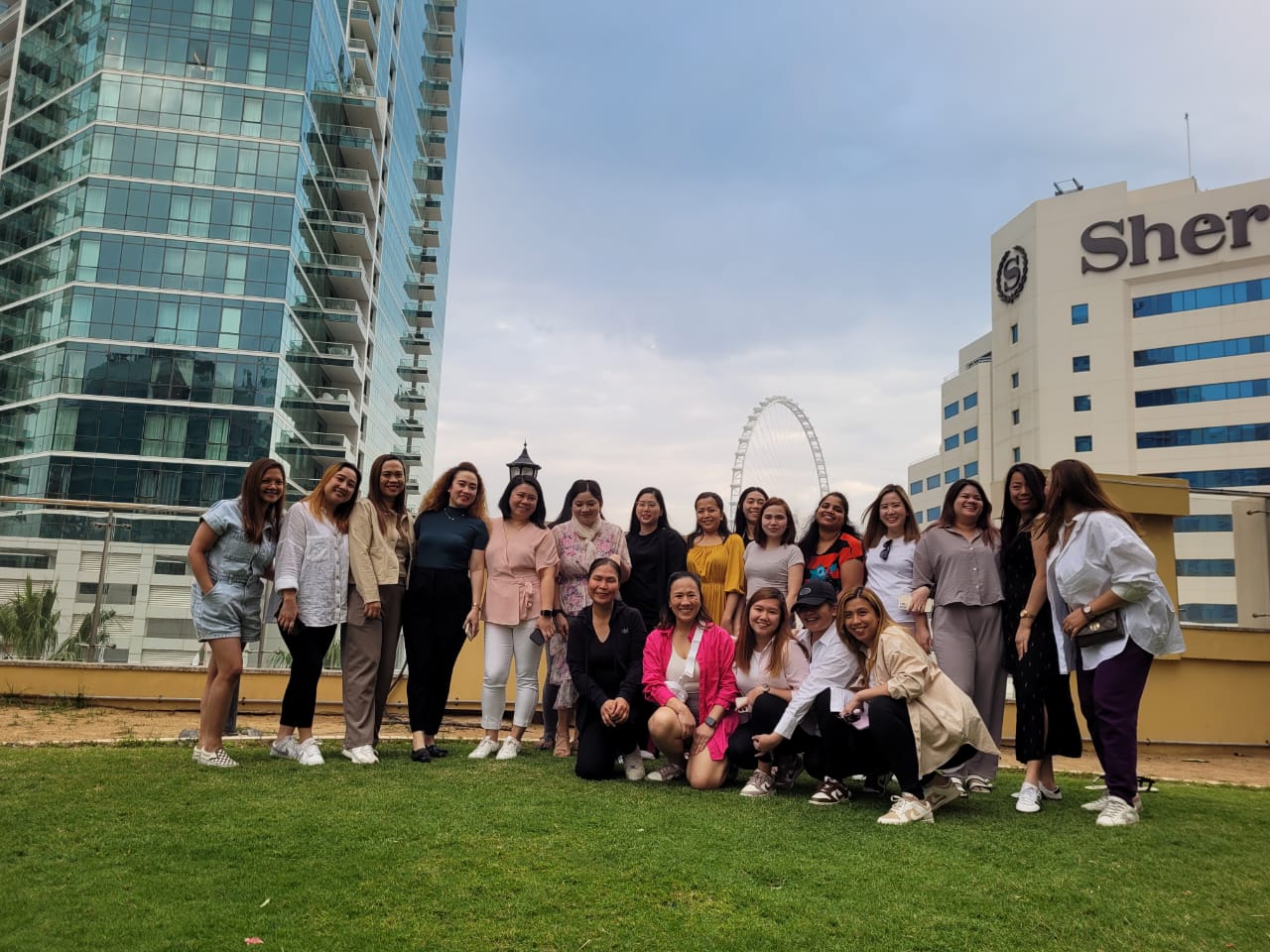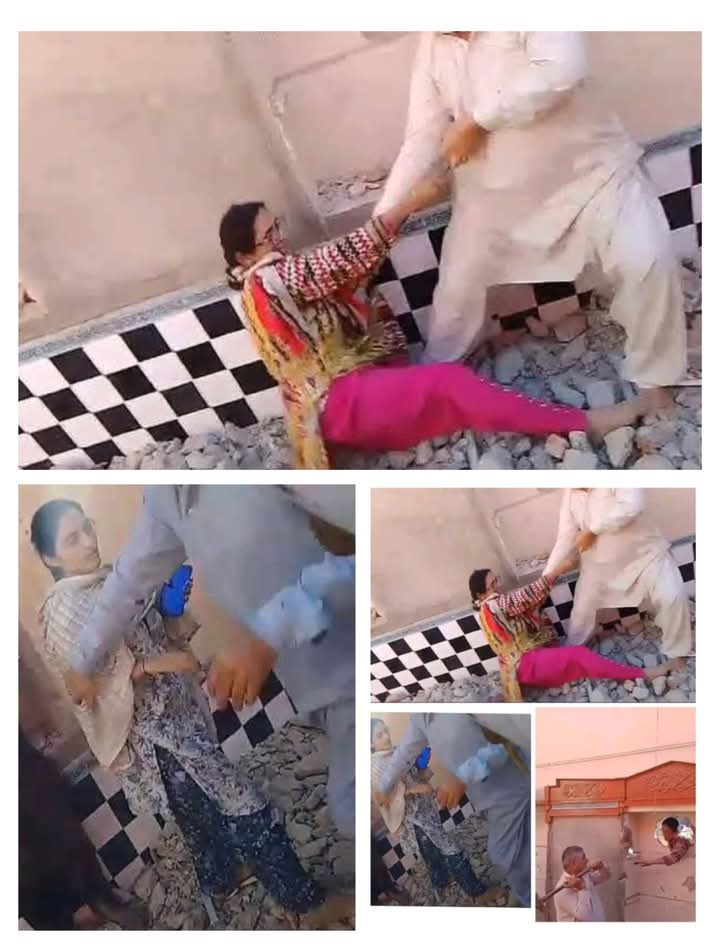Shahdadpur, Sindh – June 19, 2025:
In a chilling incident that underscores the ongoing persecution of minorities in Pakistan, three Hindu sisters—Disha, Diya, and Jiya—along with their younger brother Vikash and cousin Ganesh, were reportedly abducted at gunpoint in Shahdadpur, Sindh. The kidnappings have sent shockwaves through the local Hindu community, which immediately convened a heir’s meeting to demand urgent action from authorities.
In response to mounting pressure, SSP Sanghar visited the local Dharamshala, offering assurances of a “speedy recovery.” Initial reports confirmed that some suspects were arrested. However, by the evening, tension escalated as community leaders announced a province-wide shutdown and protest if the children were not returned safely.
From Abduction to “Conversion”
Later, the abducted children were located in Nazimabad Police Station, Karachi. Shockingly, police officials recorded statements from the minors claiming they had “willingly converted to Islam.”
This pattern—abduction followed by rapid, unverified “conversion” under police custody—is a hallmark of forced religious conversion cases in Sindh, particularly targeting Hindu girls and children.
A Broader Crisis: Religious Persecution Disguised as Religious Freedom
This is not an isolated incident. It reflects a systemic, ideologically driven pattern of abuse, where Hindu and Christian children are abducted, coerced into converting, and declared “Muslim” through dubious legal procedures. Often, madrasa-issued age certificates override official government documents such as NADRA birth certificates or school records, falsely declaring minors as adults to facilitate illegal marriages or conversions.
Legal Failure or Legal Farce?
Pakistan’s federal and provincial governments have passed symbolic laws, including:
-
Sindh Child Marriage Restraint Act
-
Anti-Forced Conversion Bills
However, implementation is virtually nonexistent. The law says marriage under 18 is illegal. Conversion by minors is also invalid under civil rights frameworks. Yet, madrasa statements are often treated as more credible than state-issued documents, and no cleric or religious institution has ever been held accountable for these actions.
This raises troubling questions:
-
Which law empowers madrasas or religious shrines to determine a child’s age?
-
Why are their documents prioritized over official government IDs?
-
Why are perpetrators—often known and powerful religious figures—never prosecuted?
Being a Sindhi Hindu: A Crime Without a Law
In Pakistan, being Hindu is difficult—but being a Sindhi Hindu is treated like an unforgivable crime. Victims often come from poor, marginalized communities. When they cry out for justice, they’re ignored, intimidated, or told that their children converted “willingly.”
Police routinely delay registering FIRs. Courts often silence families. State institutions close ranks to protect perpetrators.
This is psychological warfare—a deliberate effort to erase the Hindu identity from Sindh through fear, coercion, and manipulation.
Call to Action: End Forced Conversions Now
This incident, like countless others, is not just a local tragedy—it’s a human rights crisis.
We call on:
-
The Pakistani judiciary and law enforcement to uphold the law impartially.
-
Human rights organizations to investigate these abuses and support victims.
-
International bodies and foreign governments to hold Pakistan accountable for its treatment of minorities.
-
Civil society and media to amplify these silenced voices.
Conclusion: No More Silence
The forced abduction and coerced “conversion” of Disha, Diya, Jiya, Vikash, and Ganesh must not be dismissed or normalized. These are not isolated cases. They are symptoms of a larger system of religiously motivated persecution.
📢 Stop Forced Conversions.
📢 Protect Minority Children.
📢 Demand Justice and Equality.
Until real reforms are enacted and enforced, Sindh’s Hindu community will remain under siege—facing not just persecution, but erasure.
For more updates and detailed coverage of this case and other issues affecting the Hindu and Sindhi communities in Sindh, Pakistan, stay tuned to Sindh Renaissance.






